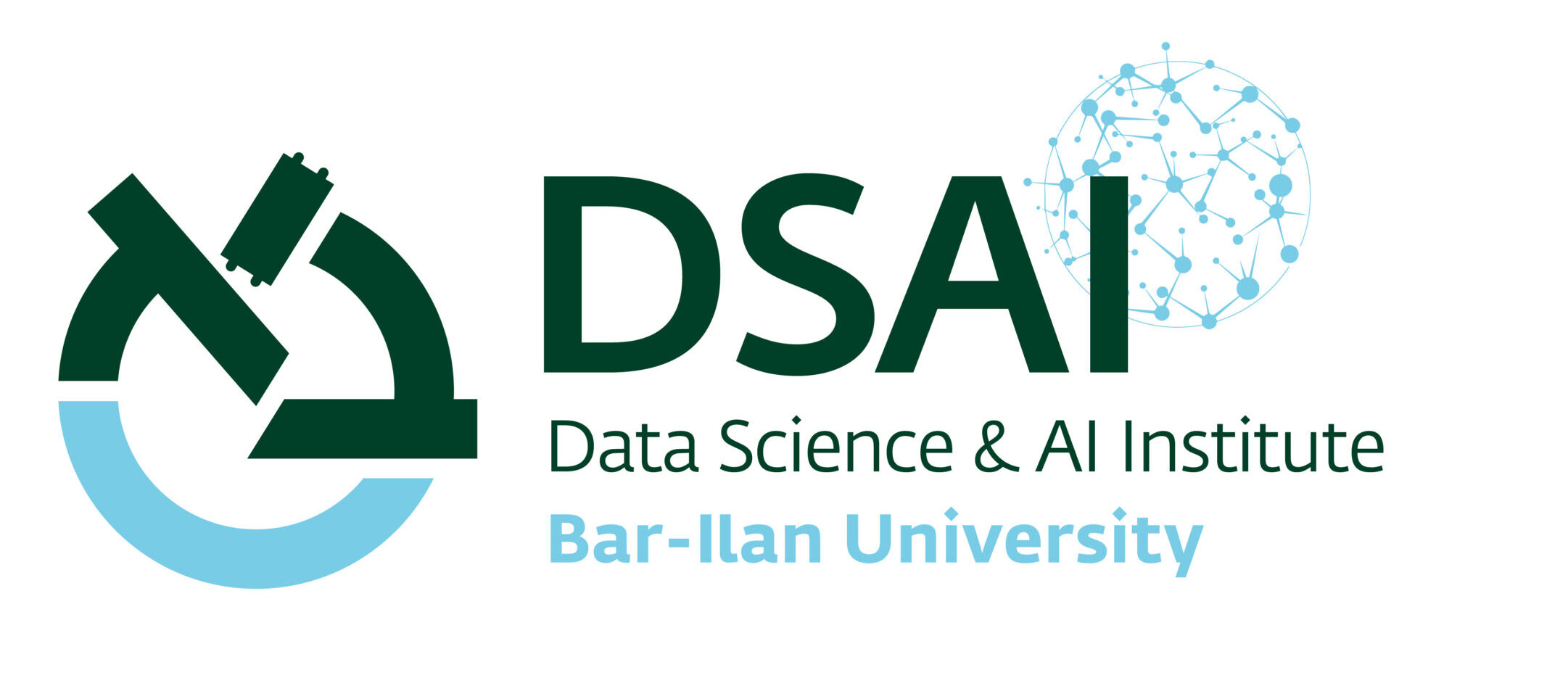 “…We have been measuring the structure of networks, but what
“…We have been measuring the structure of networks, but what
we really seek is their dynamics…”
Says Uzi Harush, a doctoral student at the Complex Network Dynamics lab, led by Dr. Baruch Barzel of the Mathematics Department.
Networks are a powerful tool to visualize and map the connections within biological, social and technological systems. For example, our brain is a complex network of neuronal links, our cells function through a web of chemical connections between genes, proteins and metabolites, and epidemics are mediated by social interactions. Harush: “the challenge is that these networks, or maps, are static, they only tell us who is connected to whom, but do not provide the actual routes through which information spreads. Its like a map of roads. It is insightful, but the real question is – where does the traffic flow”.
In their recent paper, published in Nature Communications, Harush and Barzel, expose these desired patterns of spread – the traffic of complex networks – predicting the rules that govern the propagation of information in biological, social and technological networks. Their theory detects the genes that contribute most to the spread of chemical information in the cell, or the most central individuals in spreading disease. Barzel: “the common wisdom is that the most connected nodes – the hubs – are responsible for most of the flow. But our theory shows that this is not always the case. In fact in some systems the hubs become bottle-necks – like traffic jams – and most information favors the peripheral network pathways. This goes against everything we previously assumed about network behavior”.
Harush tested the theory on the spread of epidemics through the global air transportation network – “a big threat to modern humanity”, he says. “We found that hubs only matter at the early stages of the epidemic, but later the longer peripheral routes become most important – that is where you want to focus your immunization resources”. He summarizes: “it was like the networks were coming to life – while their structure is static, their patterns of spread continuously evolve”.


Epidemic spread through air-traffic.
Red. At first the disease is mediated mainly by the most connected hubs. Blue. As the disease progresses the patterns of flow change and focus on the small nodes. From Dynamic patterns of information flow in complex networks

 “…We have been measuring the structure of networks, but what
“…We have been measuring the structure of networks, but what
